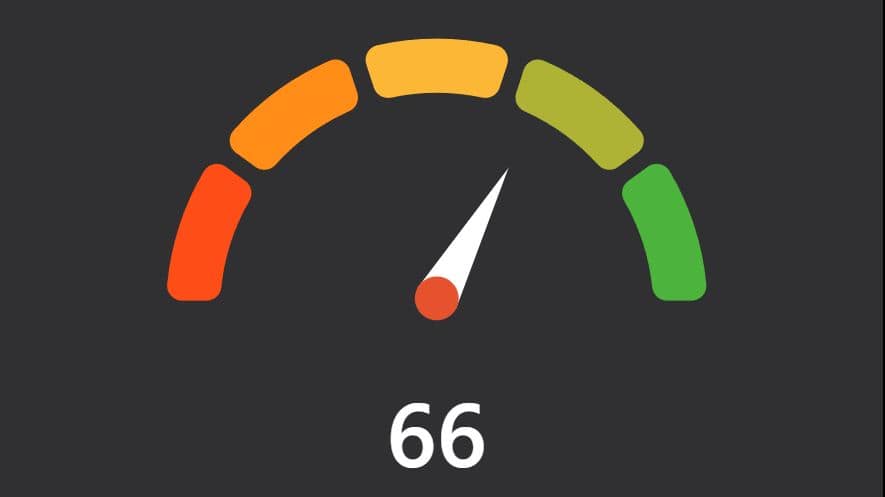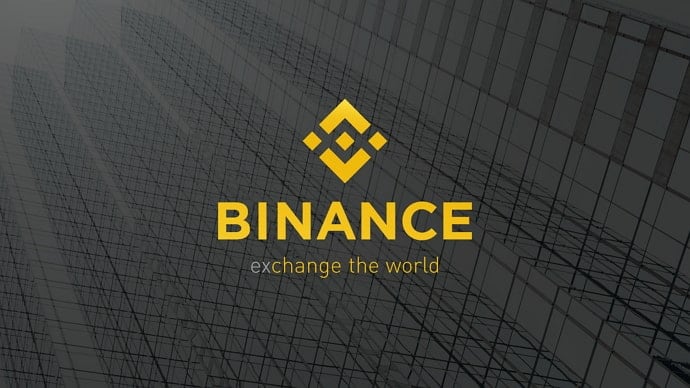We talked about security when trading crypto assets in an article titled “Online security“. We also mentioned how important it is to have an external wallet. Since there are a whole lot of them, we will present you here some of the most interesting proposals, divided into categories.
Hardware wallets
Hardware wallets are small, very inconspicuous devices. At first glance they resemble a memory stick, but they are radically different. They have installed software that is dedicated to storing cryptocurrencies. These are so-called cold wallets, completely cut off from the network. We connect them to the computer only when we want to transfer funds.
The most popular of these are Ledger and Trezor. We have reviewed them in detail in the article titled “Cryptocurrency hardware wallets“. It is worth having a look there!
Desktop wallets
Desktop wallets are those that you install on your computer or smartphone. They differ significantly from hardware wallets. As a rule, our devices are constantly connected to the Internet and therefore exposed to hacking attacks. However, they have many advantages. These include easy access and simple operation. Here are some of the most popular proposals from this family of wallets:
Exodus
It was created in 2015. It is characterised by its transparency and adaptation to both beginners and advanced users. In addition to Bitcoin and Ethereum, more than 100 different currencies and tokens can be stored on it. While using Exodus, you can also count on access to 24/7 support. And if you want to learn more about how to use this wallet, we encourage you to read the article “How to open and use Exodus”. In it we explain step by step how to use it.
MetaMask
Metamask is another very popular desktop wallet. It was developed for Ethereum and tokens using its blockchain. It runs as a plugin in browsers such as Chrome, Firefox, Opera, and Brave. MetaMask is a support for decentralised applications of its native network, which is an interesting solution for advanced users.
Electrum
Electrum is one of the first available wallets developed for Bitcoin. Today it also supports Bitcoin Cash, Bitcoin SV, Litecoin and Dash. It was created back in 2011 and was developed by Thomas Voegtlin. Electrum’s design is very simple and serves transparency when performing transactions. For many years, this wallet has been regarded as the most popular tool for storing cryptocurrencies.


















